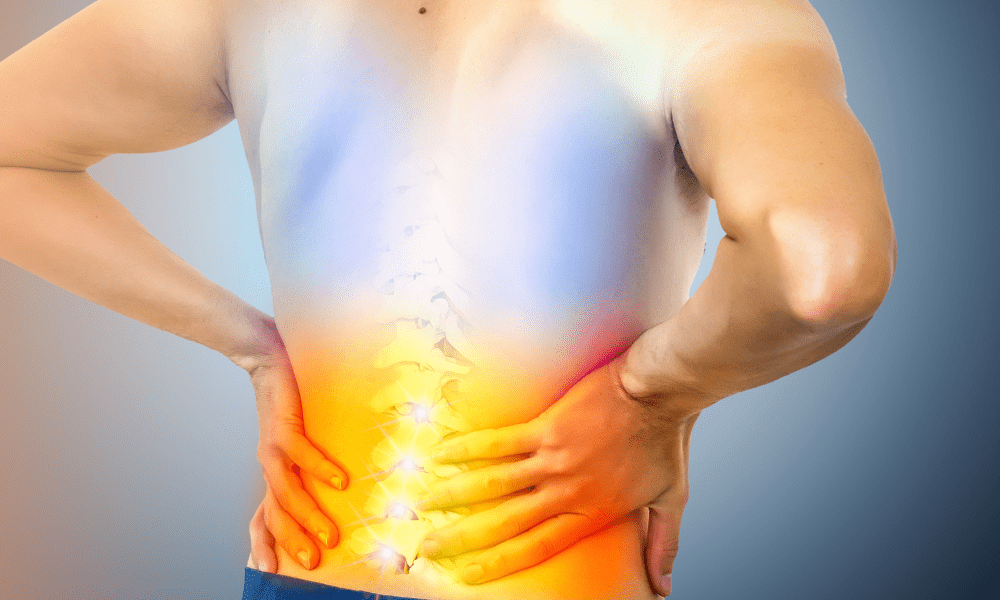Muscle stiffness is a common issue that affects people of all ages and activity levels. It can result from various causes, such as strenuous exercise, poor posture, or underlying medical conditions. Understanding how to manage muscle stiffness effectively is crucial for maintaining mobility, reducing discomfort, and enhancing overall well-being. This ultimate guide will cover the causes, prevention strategies, and treatment options for muscle stiffness, including the use of professional red light therapy devices.
Causes of Muscle Stiffness
Exercise and Physical Activity: Intense or prolonged exercise can lead to muscle stiffness. This often occurs when muscles are overworked or subjected to unfamiliar movements, resulting in tiny tears and inflammation.
Poor Posture: Maintaining poor posture for extended periods can strain muscles, particularly in the neck, shoulders, and back. This can lead to stiffness and discomfort.
Dehydration: Muscles need adequate hydration to function properly. Dehydration can cause muscle stiffness and cramping.
Medical Conditions: Conditions such as arthritis, fibromyalgia, and myofascial pain syndrome can cause chronic muscle stiffness. Infections and injuries can also contribute to muscle rigidity.
Sedentary Lifestyle: Lack of physical activity can lead to weak and stiff muscles. Regular movement is essential to keep muscles flexible and healthy.
Treatment Options
Red Light Therapy Devices: Red light therapy devices are a modern, non-invasive treatment option for muscle stiffness. These devices use specific wavelengths of red light to penetrate the skin and promote muscle relaxation and healing. Professional Red Light Therapy devices can reduce inflammation, enhance blood circulation, and accelerate tissue repair, making it an effective option for managing muscle stiffness.
How Red Light Therapy Works
Red light therapy includes the process of exposing the skin to minimal amounts of red or near-infrared light. The light penetrates the skin and is absorbed by the cells, stimulating energy production and promoting healing. This can reduce inflammation and stiffness, improve circulation, and enhance muscle recovery.
Benefits of Red Light Therapy
Non-Invasive: Red light therapy is a non-invasive treatment with minimal side effects. It can be done at home or in a clinical setting.
Pain Relief: The therapy helps reduce muscle pain and stiffness, making it easier to move and perform daily activities.
Improved Recovery: By promoting tissue repair and reducing inflammation, red light therapy can accelerate muscle recovery after exercise or injury.
Enhanced Circulation: Improved blood flow can help deliver nutrients and oxygen to the muscles, aiding in their function and health.
Stretching and Flexibility Exercises: Regular stretching can help reduce muscle stiffness. Incorporate yoga or Pilates into your routine to enhance flexibility and muscle relaxation.
Massage Therapy: Massage therapy has the ability to alleviate muscle tension and enhance blood flow. Whether through professional sessions or self-administered techniques with foam rollers, the benefits are significant.
Heat and Cold Therapy: Applying heat can relax muscles and improve blood flow, while cold therapy can reduce inflammation and numb pain.
Conclusion
Managing muscle stiffness involves a combination of preventive measures and effective treatments. Regular exercise, proper hydration, good posture, and a healthy diet are essential for preventing muscle stiffness. When stiffness does occur, treatments like stretching, massage, heat and cold therapy, and over-the-counter medications can provide relief. Additionally, professional red light therapy devices offer a modern, effective solution for reducing muscle stiffness and promoting overall muscle health. By understanding and addressing the causes of muscle stiffness, you can maintain flexibility, reduce discomfort, and enhance your quality of life.


